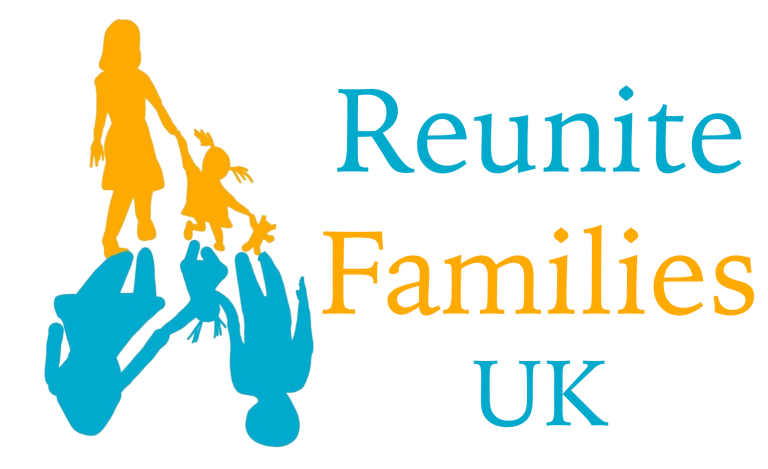June 12th is Loving Day, an annual secular celebration marking the anniversary of the 1967 US Supreme Court decision in the case of Virginia vs Loving, which asserted that laws banning mixed-race marriage were unconstitutional. Chief Justice Earl Warren wrote: “the freedom to marry, or not marry, a person of another race resides with the individual, and cannot be infringed by the State.”
The case involved Mildred and Richard Loving. Mildred was of mixed Native and African-American ancestry (she identified with the Rappahannock tribe), and Richard was white. The couple were charged with ‘interracial marriage’ under a Virginia statute which made such marriages illegal, and had to leave the state to avoid imprisonment. With the help of the ACLU they challenged the law, and eventually it was overturned by the Supreme Court, which ruled that all anti-miscegenation laws were against the US Constitution.
This decision was later commemorated in a 2016 film. It was also cited in the Supreme Court decision in Obergefell vs Hodges which guaranteed the right to marry to same-sex couples in the US, a milestone in the global wave to extend marriage rights to same-sex couples.
Richard died in 1975. Mildred, who died in 2008, wrote this on the 40th anniversary of the decision:
‘My generation was bitterly divided over something that should have been so clear and right. The majority believed that what the judge said, that it was God’s plan to keep people apart, and that government should discriminate against people in love. But I have lived long enough now to see big changes. The older generation’s fears and prejudices have given way, and today’s young people realize that if someone loves someone they have a right to marry.
‘Surrounded as I am now by wonderful children and grandchildren, not a day goes by that I don’t think of Richard and our love, our right to marry, and how much it meant to me to have that freedom to marry the person precious to me, even if others thought he was the “wrong kind of person” for me to marry. I believe all Americans, no matter their race, no matter their sex, no matter their sexual orientation, should have that same freedom to marry. Government has no business imposing some people’s religious beliefs over others. Especially if it denies people’s civil rights.
‘I am still not a political person, but I am proud that Richard’s and my name is on a court case that can help reinforce the love, the commitment, the fairness, and the family that so many people, Black or white, young or old, gay or straight seek in life. I support the freedom to marry for all. That’s what Loving, and loving, are all about.’
It may be strange to think that, within living memory, such laws were on the statute books in a country which claims to be a bastion of human rights. But people can be blinded to what is wrong when all they can see is what is customary.
Loving Day is a holiday for celebrating love beyond boundaries. It should be clear for all to see that there is a bright line between such discriminatory laws, and rules which now exist which draw borders through people’s families. Since at least 2012, the UK government has supported rules which deny a significant proportion of the population the right to be with their families on the basis of how rich they are. The hardship has been well-documented over many years and is still ongoing, despite all the evidence which has been presented to policy-makers over the years.
Read up:
Mixed Race Day, a similar holiday in Brazil.
‘Celebrating 40 years of Loving’ (NPR, 2008).
Loving family graves (FindAGrave).

